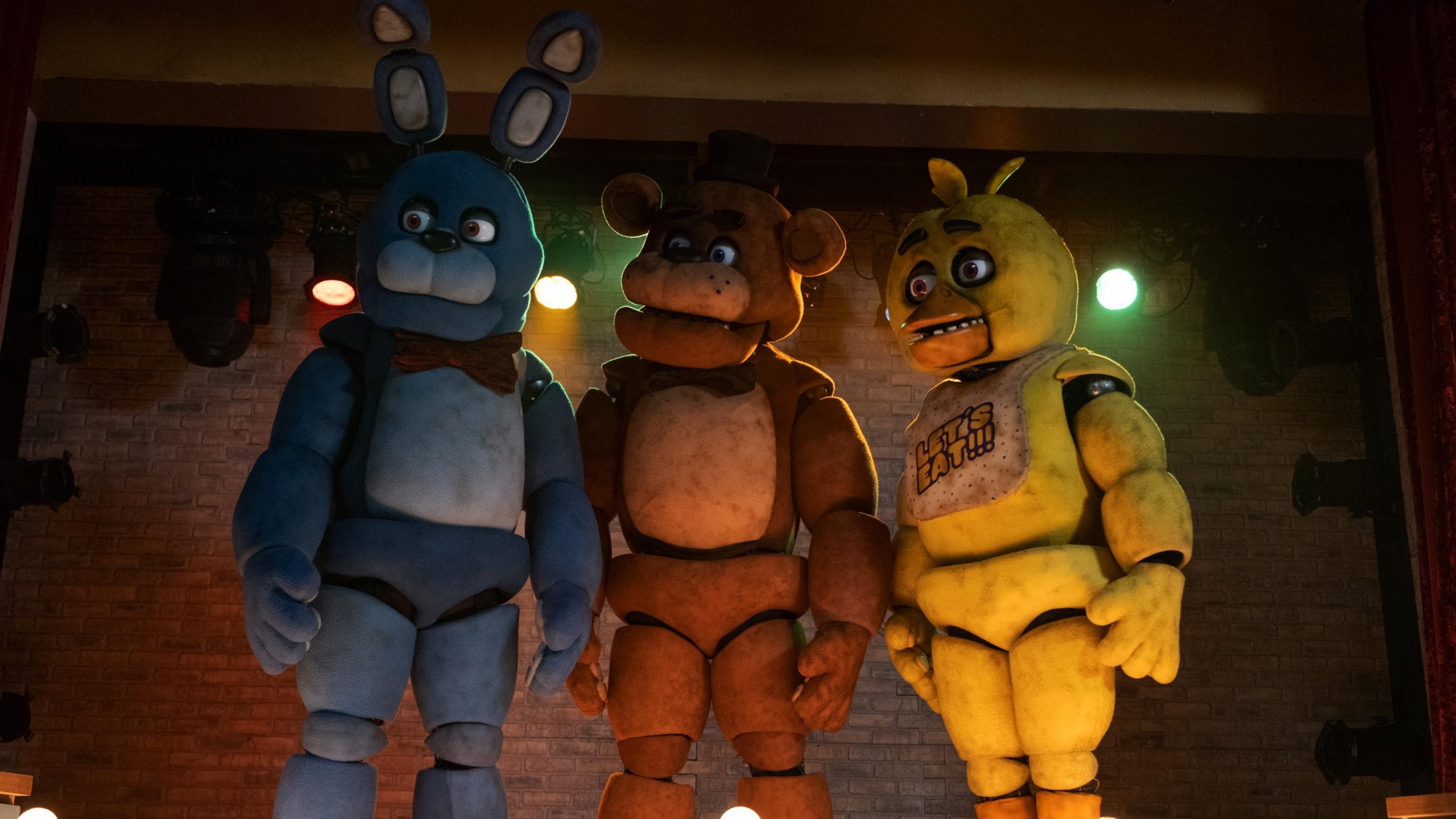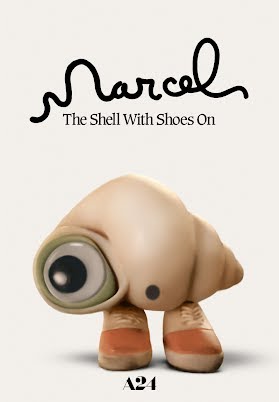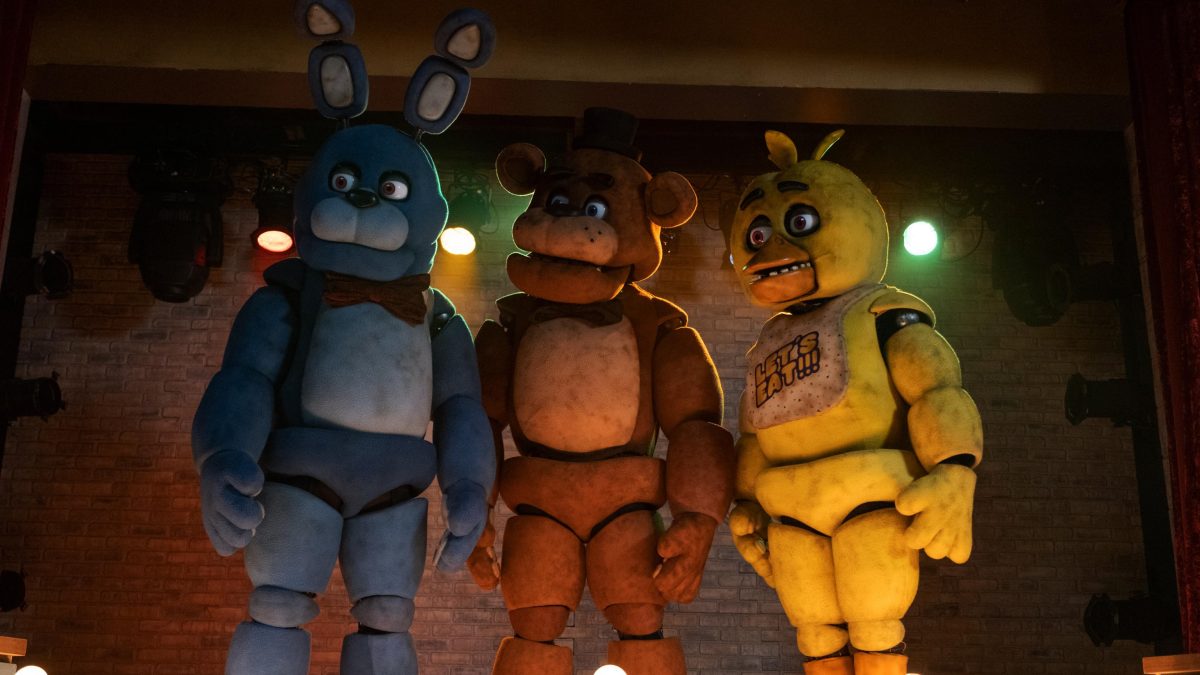
It’s the start of another semester and the campus is bustling with activity as students settle in to a new routine, with new classes, professors and unfortunately “new” textbooks. It’s with trepidation that students glance at the syllabus under course materials to see a list of books required for each class. The angst around the room is almost palpable as the professor “kindly” explains that each and every book is needed. With much dread, students walk to the bookstore to purchase the texts that cost as if they were made from gold and gasp as they glance at their bill realizing they spent 500-1,000 dollars in one fell swoop. It’s not just here at Fitchburg State that this is occurring; the prices of textbooks are sky rocketing everywhere. In the past 10 years the prices of collegiate textbooks have increased 6% per year according to the Bureau of Labor Statistics .
But why is it that the university can’t do anything about this burden? And are students being forced to lessen the quality of their own education by not having the funds to buy an expensive textbook? Commenting on the University’s involvement with textbook pricing is book store manager Stephanie Pilkington who says, “Textbook pricing is primarily determined by the publisher, not FSU. Follett, operator of the Fitchburg State University Bookstore, helps students save on textbooks by offering choices like rental, digital and the largest selection of used books in the industry. In fact, in just the past three years, the Fitchburg State University Bookstore has saved students more than $1.6 million on textbooks through its Rent-A-Text, used and digital offerings.”
Freshmen nursing major, Maddie Radock says, “I spent $500 alone this semester on my textbooks and that was even with renting some. I am a nursing major so some of the books will be helpful to me over the years of my career, but what about the people who are required to buy books that do not benefit them in the future at all? It’s a catch 22 that everyone hates.”
This brings us back to the important question; do students who opt out of buying the books get less out of the courses they are taking?
“Absolutely!” claims Dr. Nastasee-Carder, an English Studies professor. “The text adds to and supports class lectures. I understand that the cost of texts and tuition is high, although I believe it is a necessary part of the experience and can be quite helpful in explaining information when a professor is not available.”
Susan Wadsworth, a Humanities professor at Fitchburg State seems to have a similar opinion. “The expense of textbooks could easily inhibit a student’s ability to learn, especially if they cannot afford one. I suspect students are more likely to buy books for courses in their designated major than for their general education classes.”
For students who do not receive financial aid book advances or cannot afford the high book store prices, there are many options that they can explore. Many students on the Fitchburg State campus have found great deals on Chegg.com along with other similar sites. Students with financial limits often split textbook costs with classmates, find online versions of the text, or can find a peer that has the textbook from a previous year. The bookstore also buys textbooks back at the end of each semester in attempt to help students financially.
Dr. Nastasee-Carder concluded with, “Truthfully, I think this is a topic that will continue to be discussed as long as there are Universities. I remember when I was an undergraduate having similar conversations with my friends.”

February 16, 2024
February 16, 2024

February 16, 2024

February 16, 2024
Trending Stories
The price of expensive textbooks on education
September 12, 2014
By Tava Hoag
Leave a Comment













